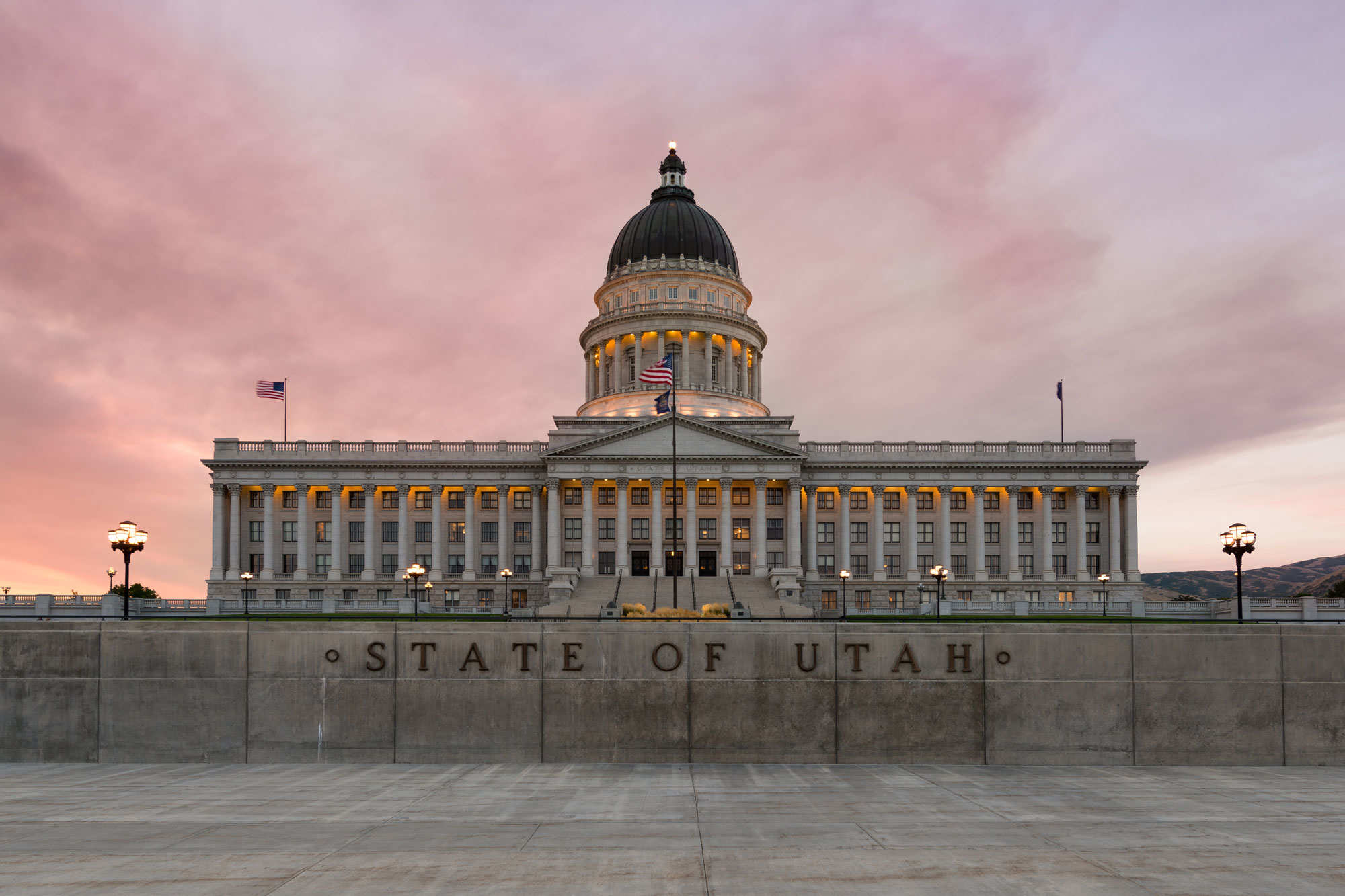The most controversial and contentious water bill of the Utah legislative session, which ended in March, ramps up the state’s efforts to push back against concerns of the other six Colorado River Compact states about the legality and regional impacts of the proposed Lake Powell Pipeline project (LPP).
HB 297 – Colorado River Amend-ments – creates the Colorado River Authority of Utah to protect, conserve, use, and develop Utah’s waters of the River and ensure the use of its full ap-portionment under the Compact. The legislation cre-ates a shadowy government-funded entity created to push for the LPP and unavailable Colorado River rights with limited public oversight and weak provi-sions regarding open meetings/public records.
The Authority will consist of four members ap-pointed by certain water districts and county commis-sioners plus the Directors of the Division of Water Re-sources and the Department of Natural Resources to advise the state’s River Commissioner.
The Act provides for the full powers of an Authority, with a significant budget to match: $11,381,200 FY 2022 and $2,381,200 in FY 2023. If the testimonies of legisla-tors are believed, this will be the war chest for a bare-knuckled brawl with sister states to build the LPP and put to use the vastly over-stated 46% of the state’s Compact allocation that sponsors claim has gone un-used downriver. We warned legislators this aggres-sive positioning may backfire in delicate interstate ne-gotiations, to no avail.
HB 364, the other major water-related bill of the Session, intended to create a Utah Lake Authority, but failed to pass. It would have created an unelected governing board with authority over land use, plan-
ning, real estate development and sales, issue bonds and has power to collect sales taxes and property tax increment in communities around the lake. The bill actually stated that the ULA “may” restore the water and environmental quality of the lake. But it was clearly intended to clear the path for well-heeled real estate interests to dredge the shallow, murky lake for a multi-billion dollar development of islands with homes for up to 500,000 people. Ominously, the bill violated the public trust by repealing the authority of the Division of Forestry, Fire and State Lands to restore the lake and to decide whether to permit this “Fantasy Islands” proposal.
See www.lakerestorationsolutions.com.
Unfortunately, this bill will surely be back next year, and legislators appropriated $9.8 million to a fund for “lake restoration”, along with another $10 million in loan authorization. That money likely will sit idle until then, but may be used by proponents to convince the U.S. EPA and other regulators that this project is now a “state sponsored” effort that should be permitted.
An important, long-awaited settlement of Utah Navajo water rights was addressed in tandem by SB 225 and SJR 14. The 2015 agreement approving 81,500 acre feet annually from Utah’s Colorado River allocation was not approved by Congress until late last year. These bills require completion of the process to convey this water to the Navajo Nation along with $14 million in state funds as part of the agreement.
Two less critical but positive water-related bills passed. HB 83 extends the opportunity to designate a Migratory Bird Production Area. Wildlife preserves and duck hunting clubs along the shores of Great Salt Lake support over 8 million birds annually. HB 29 re-quires the Division of Wildlife Resources to develop a statewide aquatic invasive species emergency response plan to prevent and remediate the spread of quagga and zebra mussels.
—Steve Erickson, GBWN Board

